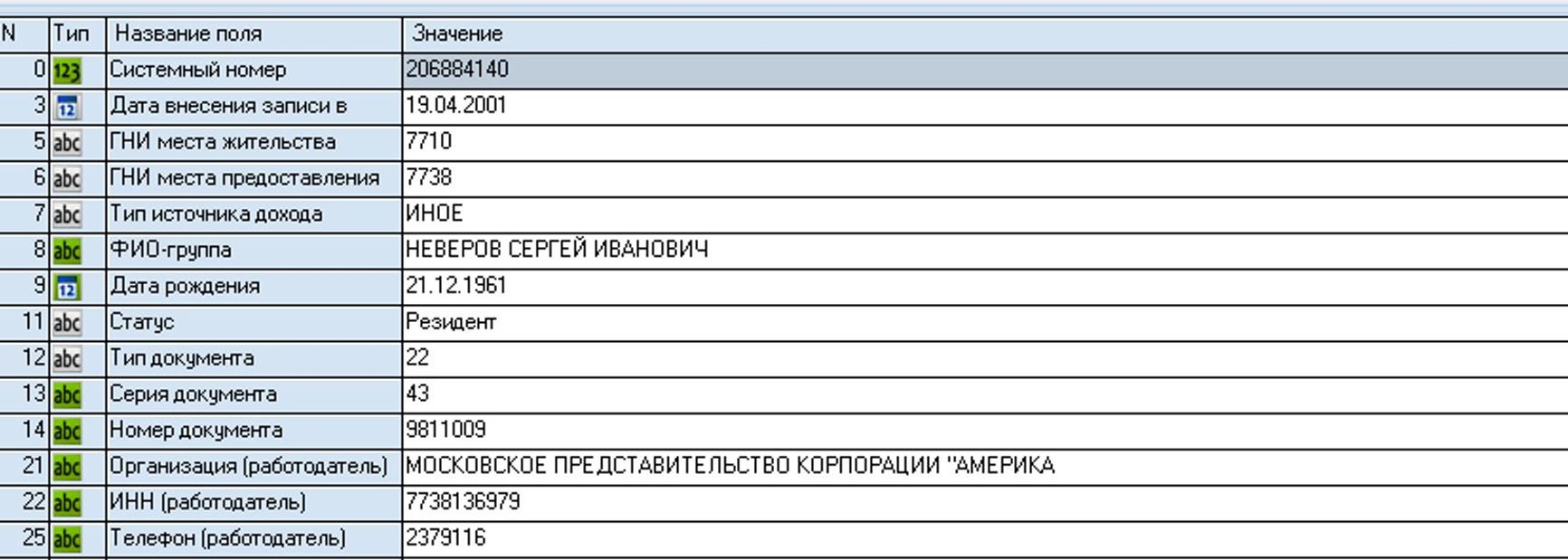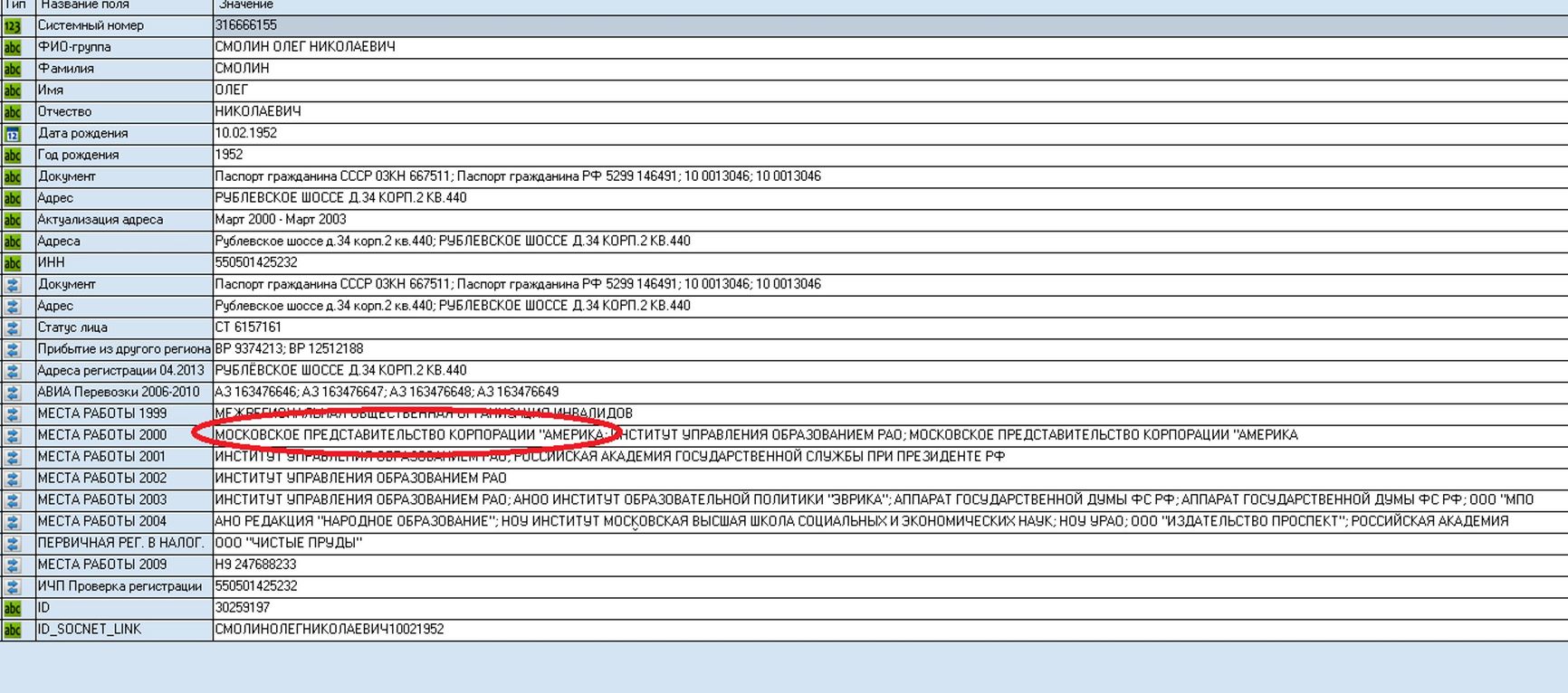

The head of Russia’s Foreign Intelligence Service, Sergei Naryshkin, has expressed concerns that the United States intends to increase its engagement with Russians who have participated in American cultural and scientific exchange programs. Naryshkin suggests that, in the lead-up to the Russia presidential election scheduled for mid-March, these individuals could potentially be “handled by Americans” in order to form the nucleus of what the spy chief terms a “fifth column” inside Russia. However, it is a matter of record that several Russian officials and pro-Kremlin propagandists themselves have participated in the selfsame American exchange programs Naryshkin claims to fear. Notable among these are figures including RT editor-in-chief Margarita Simonyan, Deputy Minister of Justice Oleg Sviridenko (a key figure in the fight against “foreign agents”), State Duma Deputy Chairman Sergei Neverov, along with a variety of federal officials, judges, and regional parliamentary representatives.
Content
“Malicious” programs
Simonyan, Sviridenko, judges
Neverov, Smolin, et al
The Insider's journalist's account
“Malicious” programs
Among the “dangerous” programs Naryshkin mentioned was the Future Leadership Exchange (FLEX), a program that allowed eight thousand Russian high school students to spend a year living with American families and attending local schools. Russia cancelled its participation in the program in October 2014, but up until then, its activities were funded by a combination of contributors: the U.S. State Department, the Moscow branch of the American Councils for International Education (ACIE), and Corporation America.
ACIE was founded in the U.S. in 1974, with one of its main tasks being to foster cultural dialogue between American teachers of Russian language and intellectuals from Soviet bloc countries. After the collapse of the USSR, ACIE branches appeared in Russia, Kazakhstan, Armenia, and Kyrgyzstan. As part of the organization’s mission to promote scientific and cultural exchange, Russians were invited to the U.S., where they became acquainted with the educational process in American universities and gained training in fields including foreign language instruction, library science, and business management. Particularly talented students were awarded grants to continue their studies at top American universities.
ACIE's activities are funded by the State Department, the US Department of Education, the American Foundation for the Humanities, the Library of Congress, and the Carnegie Corporation, among others. In the early 2000s, the main sponsor of ACIE was the charitable fund Corporation America, which was founded by a group of U.S. Rotary Club millionaires.
Russian authorities have long had their sights set on ACIE, branding the organization a nest of spies. Like FLEX, ACIE’s operations in Russia were shut down in 2014 following the annexation of Crimea. The pretext was a statement by Russia’s then ombudsman for children's rights, Pavel Astakhov, who reported that a Moscow schoolboy who had come to the U.S. for an educational program had allegedly been adopted by a homosexual couple.
Simonyan, Sviridenko, judges
Before the closure of ACIE, hundreds of Russians participated in various scientific, cultural, and educational programs in the U.S. (the full list is available to The Insider). Media outlets have previously reported that the well-known propagandist Margarita Simonyan participated in a journalistic training program in America, and that her trip overseas in 2000 was sponsored by Corporation America. At that time, Simonyan served as the chief editor of news programs at Krasnodar TV and harbored aspirations of “becoming a correspondent for aWestern channel to work in Moscow.”

Screenshot from the tax database
Deputy Minister of Justice Oleg Sviridenko is also among the group of current Russian patriots who once visited the U.S. as part of a “malicious” program. In 2002, he traveled to the U.S. as part of a delegation of Russian judges and lawyers. Sviridenko was then working as the Deputy Chairman of the Moscow Arbitration Court, where he also collaborated with the British Charities Aid Foundation. According to Proekt's reports, the Sviridenko family owns elite real estate in Moscow but until 2019, they also owned a mansion in France worth €775,000.

Oleg Sviridenko
Since 2020, Sviridenko has been directly responsible for compiling lists of “foreign agents” and submitting them for approval to the Russian Security Council and the FSB. During his tenure, hundreds of opposition politicians, journalists, cultural figures, and NGO members have been marked with the classification. According to this present day “patriotic” iteration of Sviridenko, “The unprecedented pressure from the collective West obliges us to respond to threats coming from outside and take action to protect the interests of the state, including its sovereignty. And the greater this pressure, the more the state needs to defend itself.”

Screenshot from the tax database
Despite his work for the Kremlin, however, Sviridenko fits the profile of someone who could easily be “handled by the Americans” — at least according to the vigilant Naryshkin’s criteria.
And within the Russian legal system, Sviridenko is not the only potential target for foreign influence. Again according to Naryshkin’s criteria, the reach of American intelligence services may well extend to as many as 12 judicial officials and lawyers who accompanied Sviridenko on his trip to Washington. Among them is Boris Gorokhov, a member of the Russian Supreme Court specializing in family law and the protection of children's rights.

Boris Gorokhov
Neverov, Smolin, et al
It's highly likely that Naryshkin's remarks about the potential “fifth column” have kept Deputy Chairman of the State Duma Sergei Neverov up at night. Records from the tax database show that his visit to the U.S. in 2001 was sponsored by affluent individuals from Corporation America. At that time, he served as a deputy of the Third State Duma representing the Kemerovo region. Upon relocating to Moscow, he ascended the party ranks and briefly held the position of secretary of the general council of United Russia before becoming the party’s leader.
In March 2021, Neverov was quick to defend Putin when US President Joe Biden labeled him a “killer” in an interview. As Neverov argued, “This is also connected to the fact that the president of our country, our national leader, is recognized as the number one president in the world. Today, even in the USA, where society is practically divided and the country teeters on the brink of civil war, ordinary U.S. citizens express admiration for Putin.”

Sergei Neverov
At the opening of the United Russia congress last December, the Deputy Chairman of the State Duma once again voiced his unwavering support for Putin, stating that he sees his future closely intertwined with Putin's leadership. Neverov declined to respond to The Insider's inquiries regarding his trip to the USA.

Screenshot from the tax database
In addition to Neverov, another politician susceptible to “American handling” could be Oleg Smolin, a member of the Communist Party faction who has collaborated with Corporation America. In his biography, Smolin proudly mentions voting against the Belovezha Accords (which paved the way for the breakup of the Soviet Union in 1991) and being present in the rebellious White House during the October 1993 coup attempt. However, the Communist deputy conveniently fails to mention his American tour. Smolin likewise chose to ignore inquiries sent to him by The Insider through the Duma's online reception service.

Screenshot from the tax database
Local politicians including Alexander Podgolov, Deputy Chairman of the State Assembly (Il Tumen) of the Sakha Republic, and Mikhail Polovinko, Chairman of the Public Chamber of the Jewish Autonomous Region, also choose to keep their Corporation America funded trips under wraps.
Currently, Podgolov heads the committee for servicemen, combat veterans, patriotic education, and public organizations. He also oversees the installation of a monument in Yakutsk commemorating the contract soldiers from the “Bars” unit killed in Ukraine. Podgolov describes the future monument, saying, “In the center, with the Republic's flag, stands sniper scout Afanasiy from the Verkhne Vilyuysk district, to the left sits Ahmet Galeev, a Tatar from Yakutsk, holding a rifle, and to the right stands Slava Lobodets, a Russian, also from Yakutsk, with an automatic grenade launcher!” Questions sent to Podgolov through social media platforms by The Insider were met with a block.

Alexander Podgolov
A few years ago, Mikhail Polovinko was a relatively sensible provincial politician, but now he vigilantly ensures that the minds of Russians are not polluted by Western media: “Since the start of the special operation in Ukraine, an information campaign against Russia has been activated on many internet platforms, including the video hosting site YouTube. Its main goal is to create confusion in the minds of Russians through manipulation,” warns Polovinko. We haven't received any response from Polovinko either.
Apparently, after Naryshkin's statement, the head of Moscow mayor Sergei Sobyanin's secretariat, Pavel Chinilin, along with Moscow's housing and utilities department chief Vyacheslav Torsunov, Rosatom expert Tatiana Rakitskaya, advisor to the general director of the GLONASS State Corporation Yuri Grin, and Deputy Head of the Fleet, Ports, and International Cooperation Department of the Federal Agency for Fisheries Julia Badyina also might have felt uneasy. They all visited the United States with the help of ACIE before building serious careers in Russian government structures.
The Insider's journalist's account
In 2000, our colleague from The Insider, Oleg Pshenichny, embarked on a journey to America at the invitation of Corporation America and the Library of Congress.
“Our delegation comprised 25 people from various regions of Russia. Upon arrival in Chicago, we received a warm welcome from the deputy mayor. He openly discussed the city's issues, such as the inadequate street cleanliness. I was even permitted to accompany undercover police officers on street patrols in Chicago. The officers didn't shy away from admitting that the city's neighborhoods were plagued by crack, and combating drug dealers was a daunting task. During my stay, I befriended a prominent advertiser. There were no attempts to recruit or influence us; in fact, the Americans were transparent and accommodated all our requests.
One member of our delegation was Nikolai, a former policeman from Tver. I had promised to serve as his personal translator during our flight over the Atlantic. Throughout our trip, I patiently translated for him while he silently nodded along. On one occasion, we visited a small town to meet the local mayor. Suddenly, Nikolai suggested stepping outside for a smoke, and then he made an unexpected observation: 'Do you think this is all staged and merely for show? They knew in advance that Russians would be coming — and hired extras to portray a picture of Americans as kind, friendly, and cheerful.' After that, I stopped translating for Nikolai.”